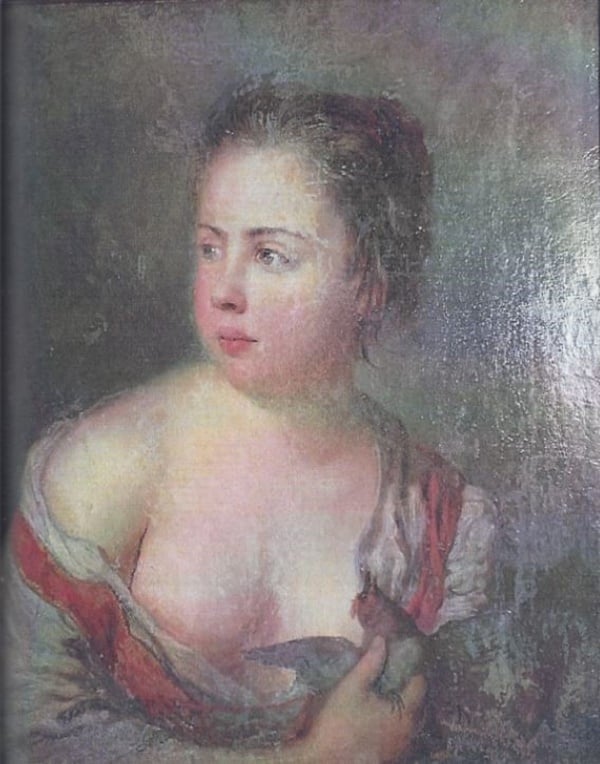Law & Politics
An Art Dealer Is Detained at a Paris Airport as Part of His Ongoing Battle With Poland Over a Nazi-Looted Painting
His attorneys claim it's all in retaliation for a lawsuit.

His attorneys claim it's all in retaliation for a lawsuit.

Eileen Kinsella

A Russian-born, New York-based art dealer was detained in Paris at Charles de Gaulle airport on Monday in what his attorneys claim is retaliation for a lawsuit he filed as part of an ongoing legal battle over a Nazi-looted painting, Antoine Pesne’s Girl with a Dove (1754).
Alexander Khochinsky, who is an American citizen, was attempting to board a flight to New York when he was informed that Poland had made an Interpol request for his extradition, according to his attorney, Nicholas O’Donnell, a partner of Sullivan & Worcester in Boston.
Khochinsky has since been released from custody but is not allowed to leave France ahead of a further court hearing, scheduled for March 6, before the Investigation Chamber of the Paris Court of Appeal, according to his Paris-based attorney Jean-Jacques Neuer. The court will determine whether to grant the extradition order or whether Khochinsky is allowed to leave France and re-enter the US.
A representative for Interpol told artnet News that the agency does not comment on specific cases or individuals except in special circumstances and with the approval of the member country concerned. Representatives for the Polish Ministry of Foreign Affairs and Department of Cultural Heritage did not respond to artnet News’s request for comment by publication time.
Khochinsky’s troubled relationship with the Polish government stretches back to 2010, when the dealer reached out to Polish authorities about the Antoine Pesne painting, which he realized was similar to one that Poland had labeled as stolen during World War II. Khochinsky said he was willing to exchange the painting, which he inherited from his parents, for compensation for real estate that belonged to his family and was seized during the war.
The two parties never reached a settlement. Instead, Poland charged him with a crime—holding property stolen during WWII—and asked the US to extradite him for prosecution, according to his attorneys. A US District Court judge dismissed the request in 2015, citing a lack of evidence that Khochinsky knew the painting was stolen when he acquired it. However, by that time, Khochinsky had already experienced months of home detention and damage to his art dealing business and reputation, according to O’Donnell.
Last June, Khochinsky filed suit against Poland in US District Court in Washington, DC, seeking compensation for the damages caused by what his lawyers call the bad-faith 2015 extradition effort.
Khochinsky alleges that Poland’s drive to retaliate is compounded by his initial request for compensation. “When Khochinsky requested that Poland pay for the land that was seized after his mother fled her home, Poland used false allegations to seek his extradition and nearly destroyed his livelihood,” his lawyers wrote in the suit. “But for the independent judiciary of the United States that refused this extradition, Poland might well have succeeded.”
O’Donnell says the summons and complaint, dated June 27, 2018, were delivered “pursuant to the Hague Convention on the Service Abroad of Judicial and Extrajudicial Documents.” Since then, he claims, Poland has refused to acknowledge receipt in order to delay the lawsuit.
The dealer has traveled to Europe many times “without incident” since 2015, according to O’Donnell. But since Khochinksy’s legal team has recently put pressure on Poland to confirm it received the complaint, “the timing of the latest effort seems unlikely to be a coincidence,” he says.